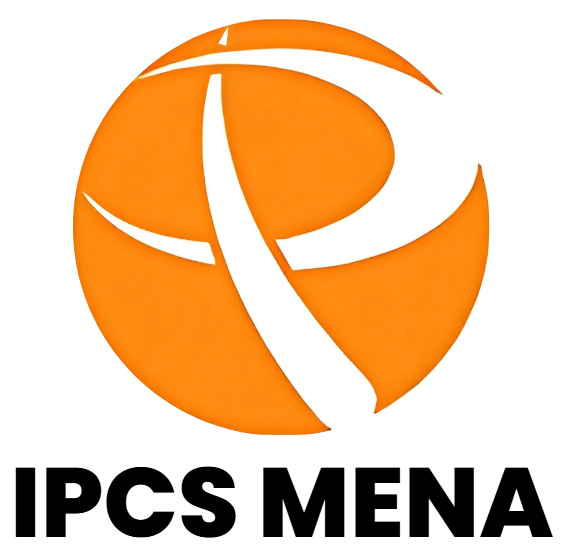Procurement Transformation :
Procurement transformation refers to the comprehensive evolution of procurement functions within organizations, shifting from traditional processes to a more strategic, value-driven approach that aligns with business objectives such as innovation, performance improvement, and sustainability. As businesses face mounting pressure to stay competitive, innovate, and meet growing environmental and social expectations, procurement has emerged as a critical lever in shaping future success. This transformation goes beyond the mere acquisition of goods and services and extends to integrating procurement into the broader organizational strategy, where it plays a key role in fostering innovation, optimizing performance, and driving sustainability.
Innovation and Procurement Transformation
In today’s fast-paced business environment, procurement transformation increasingly focuses on enabling innovation. Traditionally, procurement was seen primarily as a function to secure materials and services at the lowest possible cost. However, with the changing landscape of digital technology, global competition, and shifting consumer demands, organizations now view procurement as a strategic partner in fostering innovation.
Procurement transformation in this context involves actively seeking and engaging suppliers that offer innovative products, services, and technologies. This can include collaborating with emerging tech companies, identifying new and disruptive solutions, and sourcing novel materials that give organizations a competitive edge. For example, a company in the tech industry might look for suppliers who specialize in cutting-edge software or hardware that can enhance its R&D capabilities. In sectors such as pharmaceuticals or manufacturing, procurement transformation could involve sourcing innovative raw materials or technologies that improve product functionality or speed up production cycles.
The transformative aspect of procurement lies in how procurement teams shift from being reactive order-takers to proactive, strategic partners in the innovation process. By aligning procurement practices with the organization’s innovation goals, procurement professionals can drive value beyond cost savings, supporting continuous product development, market differentiation, and enhanced customer experience.
Performance Consultancy and Procurement Transformation
Procurement transformation also plays a critical role in performance consultancy. Performance consultancy focuses on identifying and implementing strategies that improve an organization’s effectiveness and efficiency, and procurement is integral to this process. Procurement transformation in performance consultancy involves rethinking how procurement processes can support the overall business performance by enhancing supply chain efficiency, ensuring high-quality standards, and driving cost optimization.
One aspect of this transformation is using data and analytics to inform procurement decisions. Advanced procurement technologies, such as artificial intelligence (AI) and machine learning, help procurement teams analyze vast amounts of data to make more informed decisions. This not only results in better supplier selection but also in optimizing contract negotiations, identifying cost savings, and improving delivery timelines. Performance consultants often collaborate with procurement teams to identify performance bottlenecks, whether they are related to supplier performance, internal processes, or product delivery cycles, and help implement changes that enhance efficiency.
Procurement transformation also impacts supplier relationship management. Rather than focusing solely on price negotiations, procurement professionals work closely with suppliers to foster long-term, value-added partnerships. This enables organizations to ensure consistent quality, reduce operational risks, and continuously improve performance.
Sustainability and Procurement Transformation
As sustainability becomes a top priority for organizations globally, procurement transformation is essential in driving sustainability efforts. Procurement teams have a significant role to play in reducing an organization’s environmental footprint, ensuring ethical sourcing, and supporting social initiatives. Transforming procurement to embrace sustainability involves rethinking the entire procurement lifecycle—identifying suppliers that adhere to sustainable practices, selecting eco-friendly products, and minimizing waste and carbon emissions in the supply chain.
For example, organizations increasingly prioritize sourcing products made from renewable or recycled materials, or from suppliers who use energy-efficient processes. Procurement transformation also means integrating sustainability metrics into procurement strategies, such as evaluating the carbon footprint of suppliers, assessing waste management practices, and ensuring labor standards are met.
One critical aspect of procurement transformation for sustainability is adopting circular economy principles. Rather than simply procuring materials for one-time use, procurement can help organizations source products that can be reused, refurbished, or recycled, extending their lifecycle and reducing waste. In some industries, such as construction or manufacturing, this can involve selecting materials that can be easily disassembled and repurposed at the end of their life, contributing to a more sustainable, closed-loop system.
Sustainability goals are increasingly tied to an organization’s long-term success, and procurement’s transformation to support these objectives is essential. This includes integrating sustainability into supplier selection criteria, setting sustainability-related performance targets, and collaborating with suppliers to create a more sustainable value chain.
